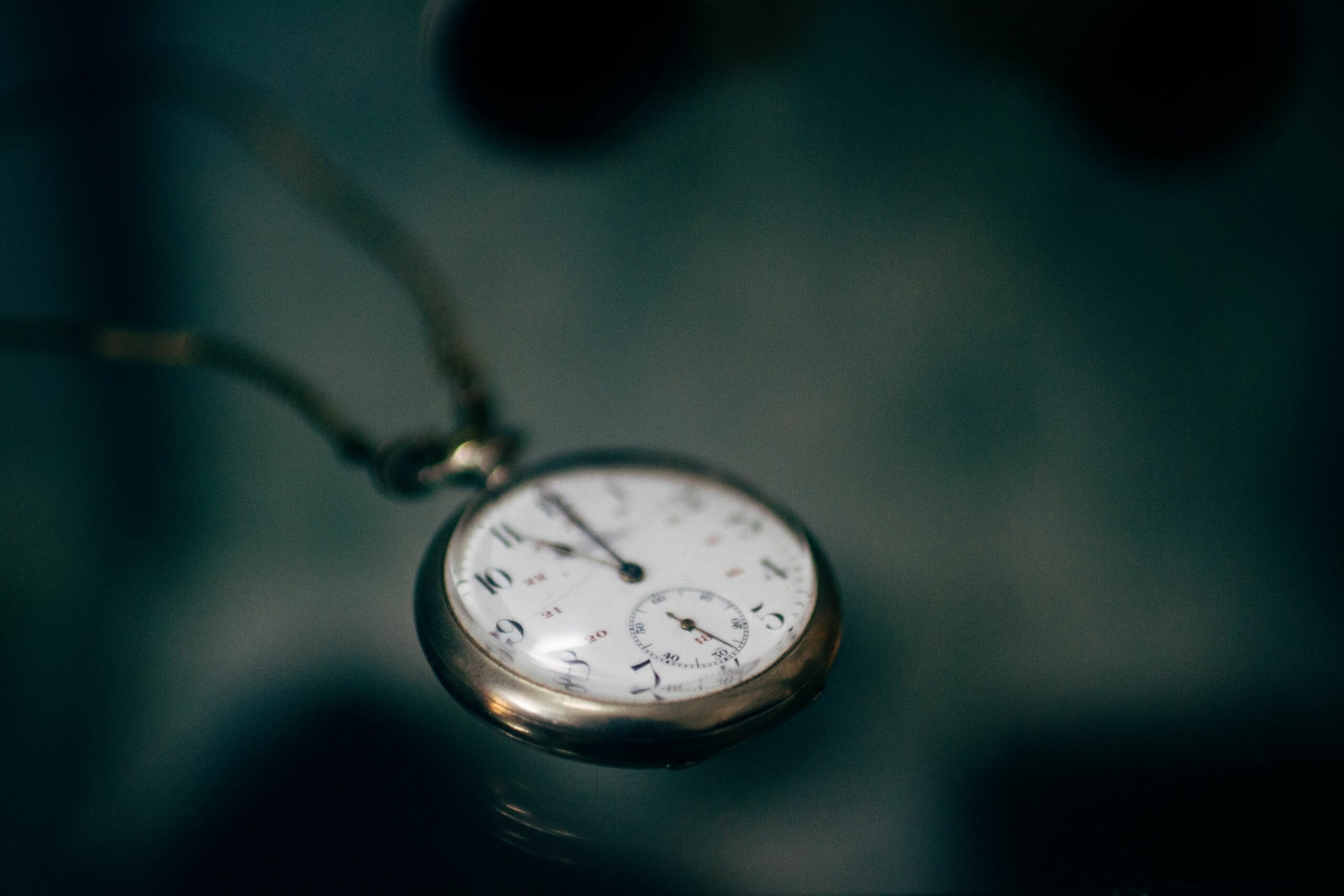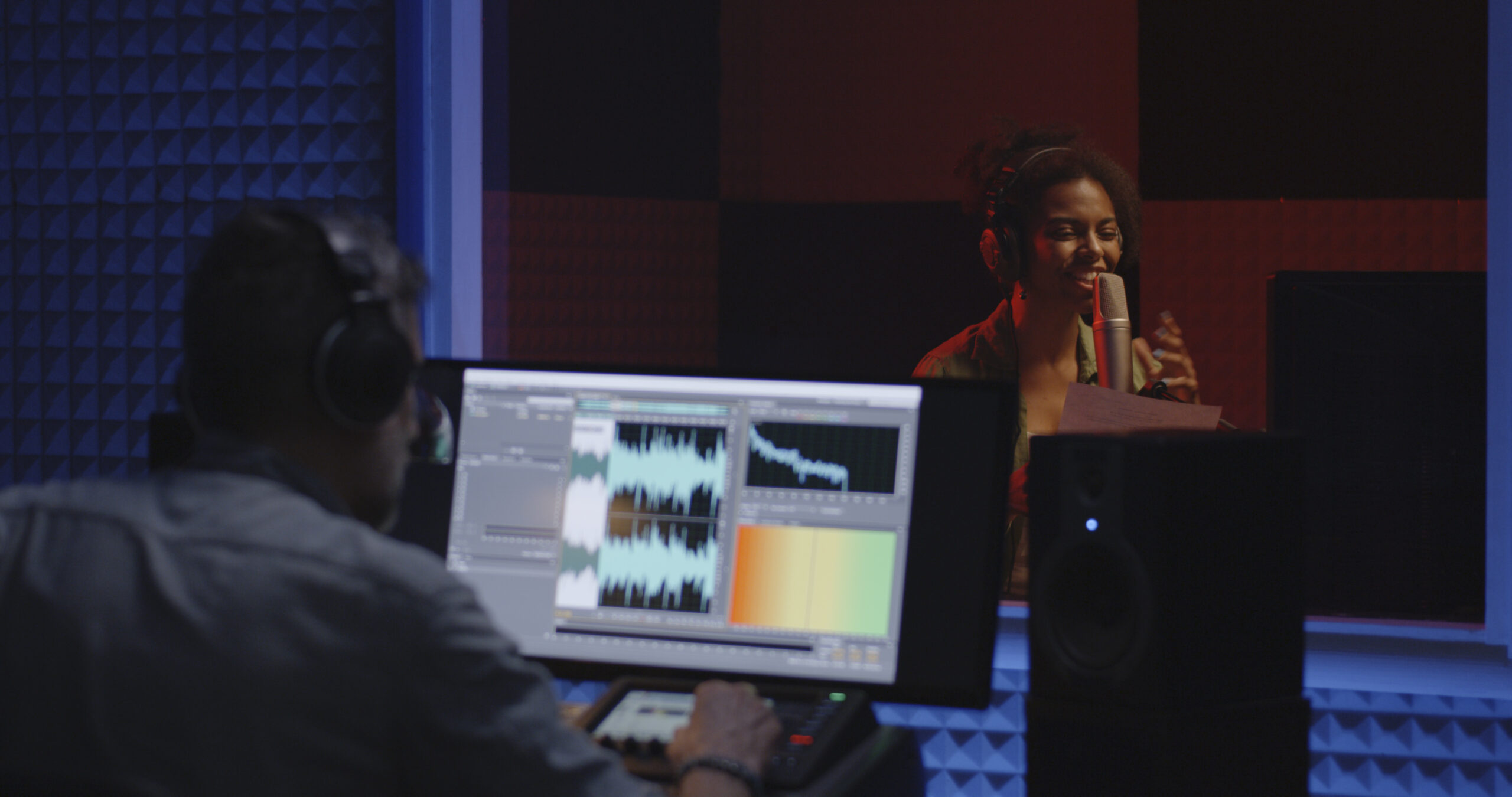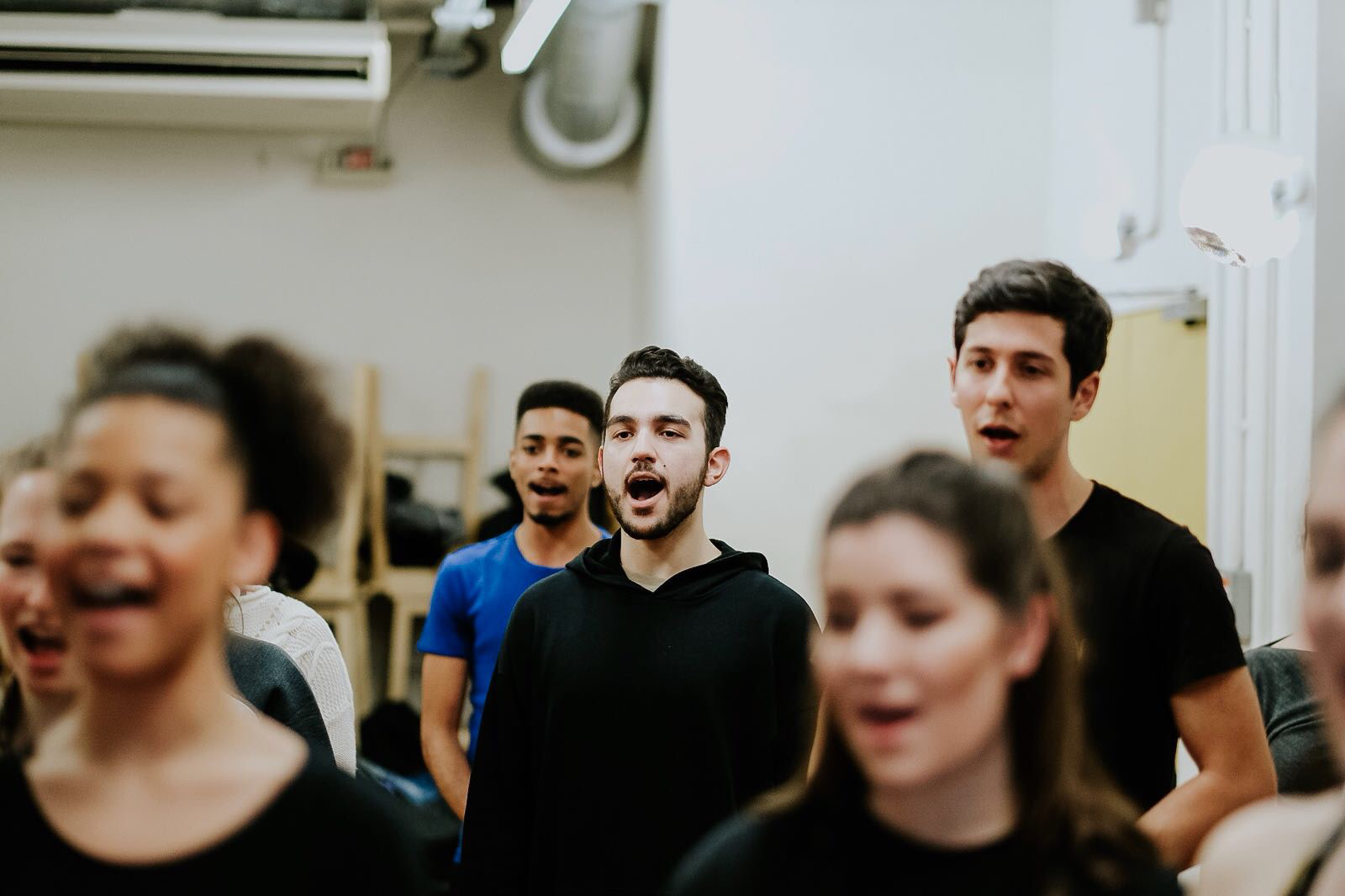Tom Baker offers tips and things to consider when playing a role significantly older or younger than you are.
Inhabiting a role of a different age to your own is no different from playing a character whose situation, background, provenance, or accent differs from yours
Believe it or not, most of the girls in Derry Girls aren’t girls at all, but aged between 25 and 32! They are all from Northern Ireland, mind you. And not a single one of the lead actors in the many, many productions of The Curious Incident of the Dog in the Night-Time has shared the protagonist’s age of 15! And, erm, Steve Buscemi is not, in fact, a fellow kid in that one meme! These are all (well, two out of three) successful examples of actors playing roles either significantly older or younger than they actually are. How do they do it?
This sort of age-blind casting can happen for a number of reasons. Often it’s a practical concern. When 48-year-old Clive Dunn was cast as doddering Lance Corporal Jones it was in part because getting someone who was actually of advancing years to pull off his deft slapstick comedy without actually injuring themselves would be a challenge (and difficult to insure). A lot of younger roles played by older actors can come as a result of difficult or mature content, or simply because of labour laws around the number of hours child performers can work.
It’s another unique challenge of the acting profession, cropping up in stage and screen projects. Whether you’re fresh out of drama school, starting your career later in life or one of those lucky/unfortunate (depending on your point of view) people who maintain youthful good looks or who appear wise beyond your years, it’s one you’ll likely come up against. With that in mind, here are some tips on playing either older or younger!
Keep it subtle, keep it grounded
Before we get started, bear in mind that none of this advice applies to panto. Wicked stepmothers, haggard witches and ancient genies can be played pretty much however, as long as you’re hilarious. For those working in areas which are ever-so-slightly more grounded in tone, caricature is best avoided. Keep it realistic. The majority of older folks aren’t doubled over like Quasimodo. The irrepressible energy of youngsters is undeniable – and loud – but you don’t want to come off like Timmy Mallet in your stage version of The Lion, The Witch and The Wardrobe.
As with all roles, you should be trying to access something authentic with your character. When speaking to the LA Times, Nicholas Podany, 22, who plays schoolboy Albus in the Broadway run of Harry Potter and the Cursed Child, he said the idea was not to “play a kid,” but rather to “stop being an adult”. He adds; “It’s a small shift in semantics but a big shift in my mindset,” as younger people’s emotions are on the surface whilst adults “make a choice not to feel things so intensely.”
Think about adapting the timbre, pace and tone of your voice to match your character. Subtlety is key here.
Remember the voice
The costume and make-up department will certainly play a significant part when playing a role like this. It’s trickier to pull off on film, with the unforgiving HD camera particularly unflattering to those caked in prosthetics, but looking the part certainly aids with the audience’s suspension of disbelief in a theatre space. You can’t just rely on that, though; your performance has to seal the deal that your appearance has set up in the first place. Think about adapting the timbre, pace and tone of your voice to match your character. Subtlety is key here. Find recordings of actors, in performance or interview, of the age you’re playing. Or actually talk to people and note the particular rhythms and qualities of their speech!
Move on up (or down, depending)
Movement and posture are two of the less obvious, but most crucial, elements of any performance. You have to be even more aware of these elements when playing a character whose age differs significantly from yours. Working with a movement coach, if possible, is a must. Putting together a basic body ‘shape’ can inform further choices. Posture, speed and gait of walk, where you hold your hands etc, all add up to a convincing precocious child, awkward teenager, beaten-down middle-aged man, or arthritic elderly woman.
Note the differences between even similar age groups, too. While kids are reasonably care-free, you can’t play a child in adolescence quite the same. Being hyper-aware of how you’re holding yourself is actually perfect for the gawky teen who doesn’t know what to do with their hands! By the same token, resist the urge to over-egg the pudding. Stillness can be just as important as movement. Consider the set and blocking, and how perhaps someone of your age might interact with the space: fiddling with things, resting against furniture, and so on.
Stillness can be just as important as movement.
Psychology is a big part
If it’s not too painful, mining your own past when playing a younger role is a great path to follow. Getting into character successfully means you take the part seriously. Again, panto aside, you’re investing in your role as being as ‘real’ as you can make it. You don’t need to be a devotee of Stanislavski to see the benefits of imbuing your performance with some authentic emotion and experience. Casting your mind back to how you were at a certain age could reveal some key physical attributes, speech pattern, and emotions.
Playing older can be trickier in this case (unless you’re a time traveller, in which case: interesting profession you’ve chosen! Have you heard of a show called Doctor Who…?). Speaking to people of that age, reading up on the experiences of others, and creating a complete and three-dimensional idea of who you’re playing is what you’re after here.
That’s exactly the crux of it. Inhabiting a role of a different age to your own is no different from playing a character whose situation, background, provenance, or accent differs from yours. It’s simply another element of performance, albeit one with its own particular nuances. And if it’s a panto you’re gearing up for, the blue rinse wig should see you through.
Tom Baker is a freelance writer and ex-theatre employee based in East London. His work has appeared everywhere from film magazines to product descriptions of shampoo to the course pages of major universities. He’s heard most of the Doctor Who jokes about his name, but precious little riffing on Randall & Hopkirk (Deceased).












